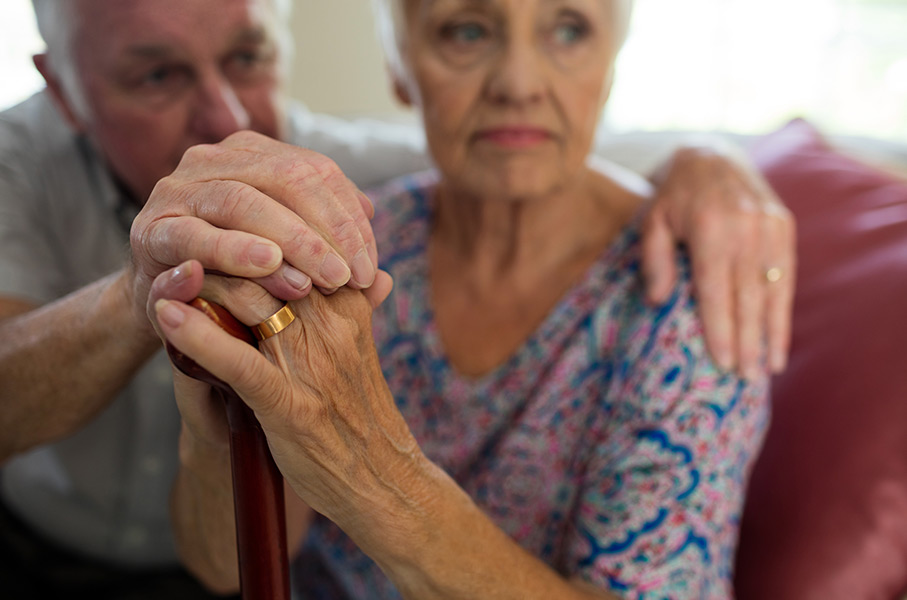Stroke Claims
- Serious Injury Specialists
- Solicitor Home Visit Within 24 Hours
- Multi Million Pound Settlements Achieved
- Serious Injury Specialists
- Solicitor Home Visit Within 24 Hours
- Multi Million Pound Settlements Achieved
Every year around 150,000 people in the UK have a stroke. That’s one person every five minutes. Stroke is the third most common cause of death in the UK.
Because a stroke often strikes suddenly and unexpectedly, it can be a frightening experience for the person having the stroke and for those close to them.
Here is some information to help you make sense of why a stroke happens and how it affects people’s lives.

Strokes cause damage to the brain and often severe disability. Unfortunately they are very common, particularly in the elderly. There are many risk factors that increase the likelihood of having a stroke such as obesity, high blood pressure and smoking, but most of them are unavoidable and often unexpected.
1. A cutting off of blood to a part of the brain due to a clot forming in a blood vessel, known as “Ischemic strokes”.
2. Bleeding into the brain from a burst blood vessel known as ‘hemorrhagic strokes’.
Each person is affected differently by a stroke and the symptoms depend on which parts of the brain are affected and what specific functions that part of the brain is responsible for. The severity of the symptoms depends on how much damage is done to the brain. The onset of stroke symptoms is usually sudden.
The main symptoms of a stroke are the following physical problems:-
Stroke affects everybody differently and it is difficult to say how much of a recovery is possible. Many stroke survivors experience the most dramatic recovery during their stay in hospital in the weeks after their stroke.
Stroke survivors can continue to improve over a longer time sometimes over a number of years. Their recovery is in fact a long period of rehabilitation as they learn to deal with the effects the stroke has had on them.
Rehabilitation is about getting back to normal life and living as independent a life as is possible. It involves taking an active approach to ensuring that life goes on for people who have had a stroke. This can mean helping them to acquire new skills or re-learn old ones. It may involve helping them adapt to the limitations caused by a stroke.
The effects of a stroke not only affect you but also your carers, dependents and family who may also suffer psychologically and financially.
Occasionally a stroke is a result of clinical (medical) negligence and damages in such cases are often high because of the devastating nature of some strokes.
Any amount of compensation awarded to you, if your stroke was as a result of negligent medical treatment, will never make up for the serious injury you have suffered.
However, the compensation awarded will make your life a little more comfortable, it will allow you to give family and friends who are caring for you a break by you being able to finance professional care services and it could secure your financial future.
The specialist medical negligence solicitors at MRH Solicitors have experience in recovering the following types of compensation from the health professional’s insurers (not against the Doctor personally) as part of your medical negligence claim:-
If you have suffered a stroke in the last 3 years or you were a carer for a family member who has recently passed away due to suffering a stroke you may be entitled to claim compensation if there has been negligent medical treatment leading up to the stroke.
There are 2 types of clinical negligence claims relating to a stroke:-
1. Failure to diagnose AF (Atrial Fibrillation).
2. Diagnosis of AF (Atrial Fibrillation) but then failure to treat the condition properly thus substantially reducing the risk of having a stroke.
3. Failure to diagnose the pre-cursor symptoms to a stroke.
Here are some of the symptoms you may experience with AF: Irregular and rapid heartbeat. Heart palpitations or rapid thumping inside the chest. Dizziness, sweating and chest pain or pressure. Shortness of breath and anxiety. Tiring more easily when exercising and fainting.
You have 3 years from the date that you become aware that you have suffered a stroke as a consequence of negligent medical treatment by a health professional within which to commence court proceedings. If you are making a claim for someone who has passed away due to a stroke, then you have 3 years from the date of death, within which to commence court proceedings and make a claim.